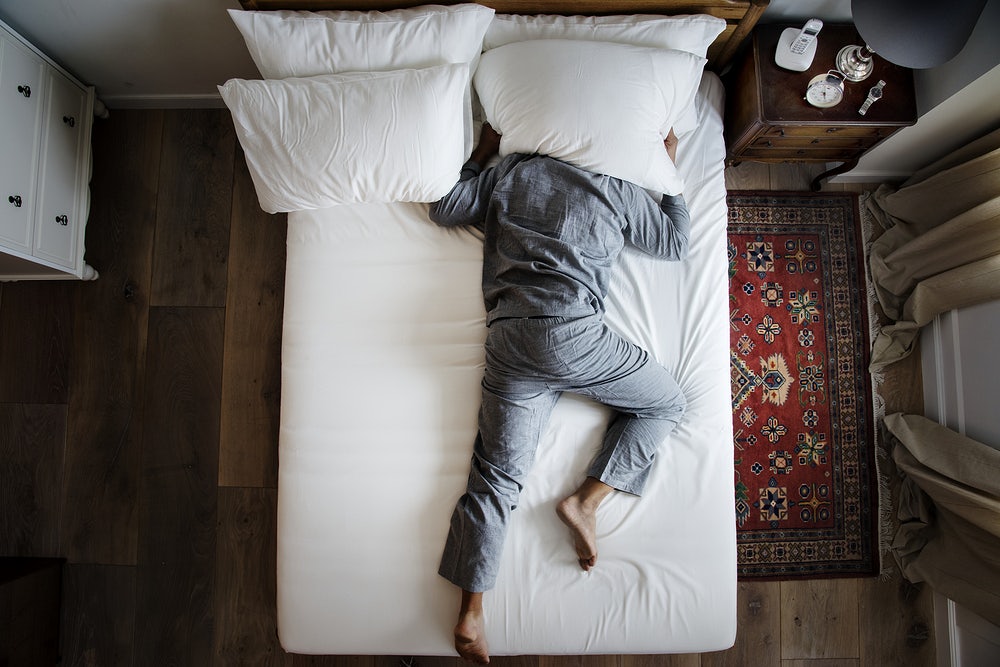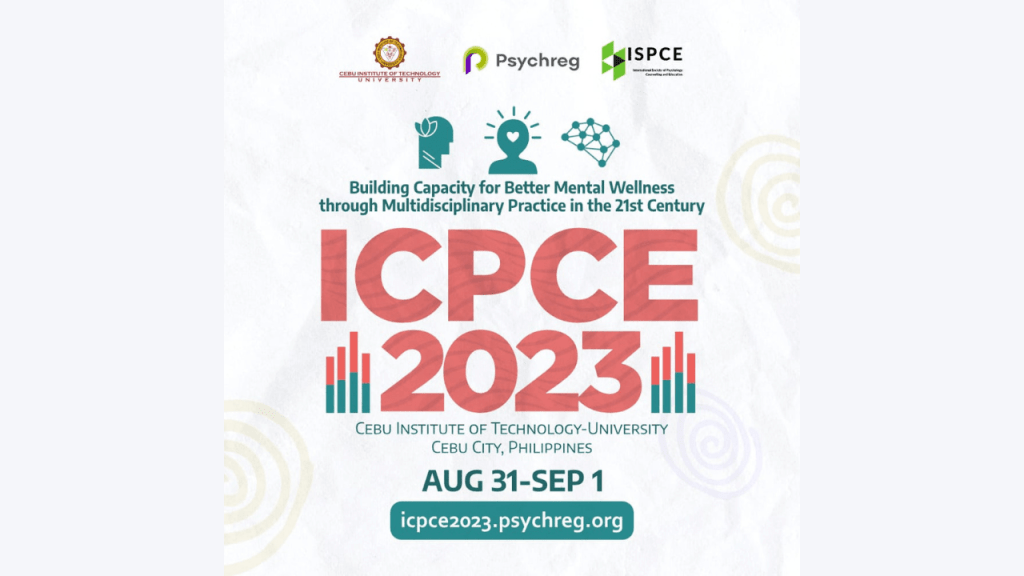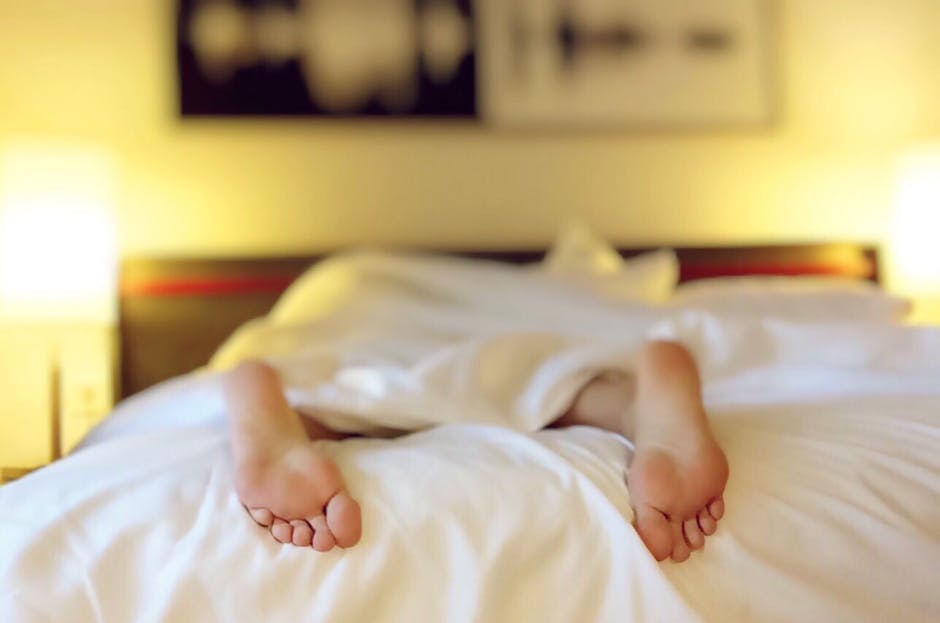Self-care is vital for managing stress and boosting both physical and mental energy. But a new trend emerging from TikTok is raising questions about what constitutes healthy self-care. The trend, dubbed “bed rotting” involves staying in bed not for sleep, but for passive activities like eating, watching TV, and using devices. This practice has gained over 130 million views on TikTok and is especially popular among Generation Z. But what do healthcare professionals say about this trend?
The rise of bed rotting
According to experts in the field of psychology, bed rotting seems to resonate particularly with those who feel burnt out from work, school, or family demands. This generation, heavily influenced by the pressures of modern society, may find solace in disconnecting and taking time to simply exist without the burden of daily responsibilities.
The practice is seen as a way to temporarily escape the demands of an always-on culture and focus on self-care and mental restoration. But experts also caution that moderation is key, as excessive bed rotting might lead to negative impacts such as social isolation or exacerbation of underlying mental health conditions. This highlights the need for balance, and understanding one’s individual needs and limits when exploring bed rotting as a potential self-care tool.
The pros and cons of bed rotting
Benefits
- Stress relief. In small doses, experts say it can ease stress and exhaustion, especially for those in demanding roles.
- Societal pressure. Some psychologists highlight that bed rotting may alleviate the guilt associated with resting in a society that often glorifies being busy.
- Recharge and recovery. Spending a day bed rotting may provide an essential opportunity to recover physically and mentally, particularly for individuals experiencing burnout from high-stress environments.
Potential risks
- Depression signs. If it becomes habitual, bed rotting could signify underlying mental health issues, warn medical professionals.
- Impact on relationships. Extended periods may limit meaningful connection with friends and family, leading to stress, according to experts.
- Device usage concerns. Spending time on devices in bed may exacerbate negative impacts on mental health, especially among young adults, warn healthcare professionals.
How it impacts sleep
Healthcare providers emphasise that using the bed for non-sleep activities might lead to sleep disruptions. Bed rotting before bedtime may extend the time needed to fall asleep. Exercise and a clear separation between sleep space and activity space are recommended to improve sleep quality.
The link between depression and bed rotting
People with depression or anxiety may find the practice appealing due to their low energy and mood. However, according to experts, it might not improve symptoms and may fuel a cycle of depression or anxiety.
How to bed rot safely
For those interested in exploring “bed rotting” as a form of self-care, healthcare experts recommend:
- Engaging in positive activities. Activities like reading, meditating, journaling, or gentle yoga are suggested instead of those that can increase anxiety.
- Setting time limits. Using a timer to prevent excessive bed rotting is advised.
- Mindful choice of environment. Choose a comfortable space that’s designated for relaxation but separate from your normal sleep area to avoid disrupting your sleep routine.
Healthcare professionals stress that while this practice can offer a temporary respite, it shouldn’t become a daily habit or a first line of treatment for fatigue or depression.
Takeaway
The trend of bed rotting offers a novel approach to self-care, reflecting a growing acknowledgment of the need to recharge in our fast-paced world. However, experts warn that the line between healthy relaxation and potential harm is thin. Moderation, mindfulness, and an awareness of underlying issues are key to enjoying the benefits of this trend without falling into potential pitfalls. If bed rotting becomes habitual or signs of depression emerge, seeking professional help is essential.
Emily Thompson is a healthcare writer specialising in mental well-being and self-care trends, with over 15 years of experience in the field.




























